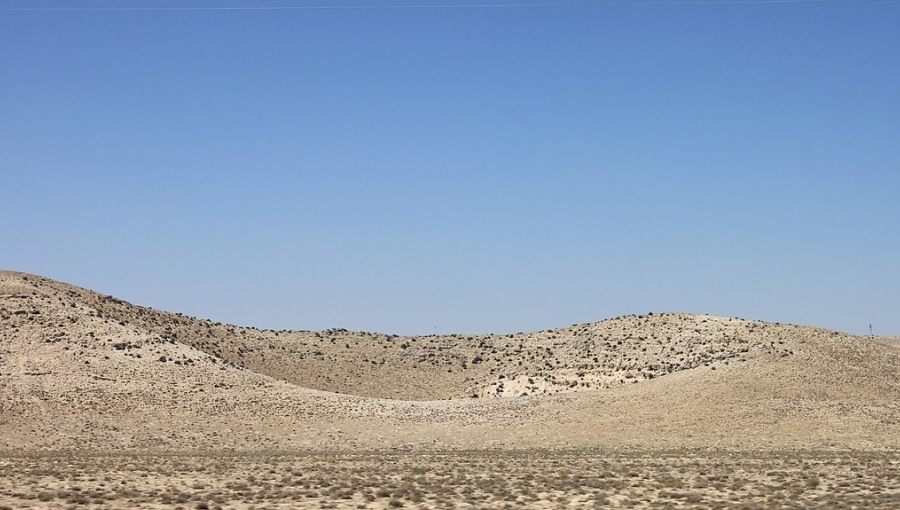Turkish province Konya endangered by 600 or more sinkholes warns professor

The number of sinkholes, a phenomenon attributed to depleted underground water, has reached 600 in Turkey’s central province of Konya and there might be more, an expert has warned according to Daily Sabah.
The number was long recorded as 360 but a recent count logged the increase, Professor Fetullah Arik, who heads the Sinkhole Research Center at Konya Technical University, was quoted as saying. The majority of the Konya Basin, an agricultural hub, was now under threat from sinkholes, he added.
Major cities in Turkey including Istanbul are presently dealing with drought conditions that have left dams and reservoirs with anxiety-inducing low levels of water.
Arik, who noted that the sinkholes—also known as swallow holes or dolines—were concentrated in the Karapinar district, was further cited as saying that most of the sinkholes were near places commonly used by humans and animals. “They used to be formed in mountainous places in the past, but they are now closer to residential areas and hence, pose a risk to human life. Thankfully, there weren’t any casualties, but it does not mean that it won’t happen,” he was reported as saying.
The prevention of sinkholes, which Arik was said to indirectly tie to climate change, would be possible with a shift in agricultural practices, the professor told the daily, adding: “People have to go back to their practice five decades ago when they used to rely on underground water less for irrigation. This was, of course, due to cultivation of plants requiring less water.”
Programmed drip irrigation can be used by farmers to save water and energy, but most farmers in Konya province reportedly still resort to old methods that involve an abundant use of water.


Follow us online